Fertilizer for fall planting?
daleyc
11 years ago
Featured Answer
Comments (10)
gardengal48 (PNW Z8/9)
11 years agoken_adrian Adrian MI cold Z5
11 years agoRelated Professionals
Carlisle Landscape Architects & Landscape Designers · Wrentham Landscape Architects & Landscape Designers · Clark Landscape Architects & Landscape Designers · River Forest Landscape Architects & Landscape Designers · Salisbury Landscape Architects & Landscape Designers · Caldwell Landscape Contractors · Canton Landscape Contractors · Cockeysville Landscape Contractors · Darien Landscape Contractors · Doctor Phillips Landscape Contractors · Farmington Landscape Contractors · Fort Payne Landscape Contractors · Middletown Landscape Contractors · Natick Landscape Contractors · Clearfield Landscape Contractorsdaleyc
11 years agogardengal48 (PNW Z8/9)
11 years agomistascott
11 years agodaleyc
11 years agocalistoga_al ca 15 usda 9
11 years agomistascott
11 years agomistascott
11 years ago
Related Stories

GARDENING GUIDESGet on a Composting Kick (Hello, Free Fertilizer!)
Quit shelling out for pricey substitutes that aren’t even as good. Here’s how to give your soil the best while lightening your trash load
Full Story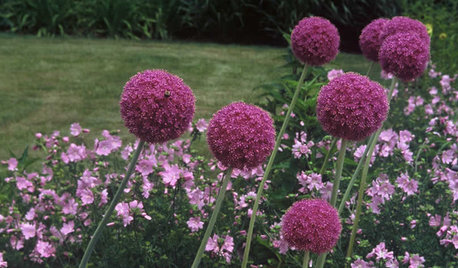
GARDENING GUIDES6 Unsung Bulbs for Fall Planting
Don't hang up your spade after summer — plant these unusual bulbs in fall for a spectacular spring show
Full Story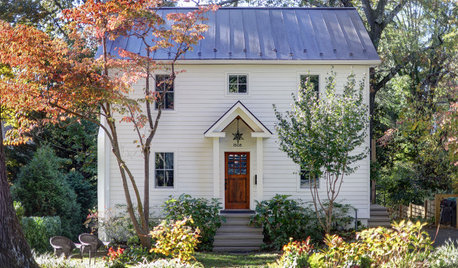
FALL GARDENINGMake This Fall’s Garden the Best Ever
Learn the most important tip for preventing buyer’s remorse, plus get more valuable buying and planting advice
Full Story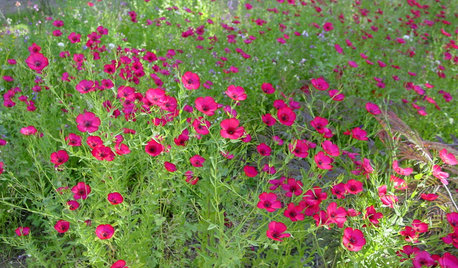
GARDENING GUIDESSouthwest Gardener's August Checklist
Manage monsoon effects, remember to fertilize and don't let the heat deter you from planting for fall
Full Story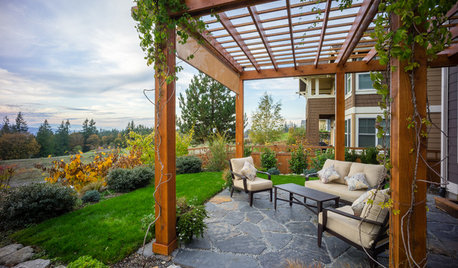
FALL GARDENINGWhy Fall Is the Best Time for Planting
Spring is overrated for planting. Starting plants in autumn has advantages for both garden and gardener
Full Story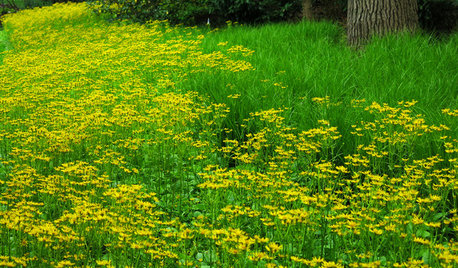
FALL GARDENING5 Native Early-Spring Bloomers to Plant This Fall
Think beyond tulips and daffodils this year with plants that you and native pollinators will love
Full Story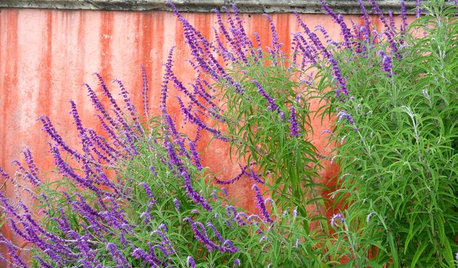
GARDENING GUIDES10 Plants for Colorful Fall Blooms in the Drought-Tolerant Garden
Want fall color but not a big water bill? Consider these not-too-thirsty fall bloomers
Full Story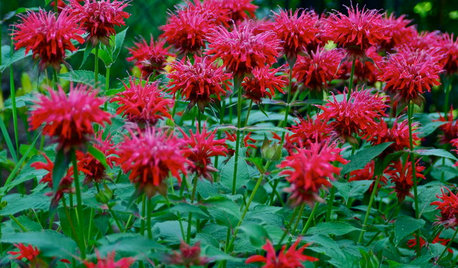
GARDENING GUIDES10 Deer-Resistant Native Flowers to Plant This Fall
Learn about natives that embrace some kinds of wildlife but resist grazing deer
Full Story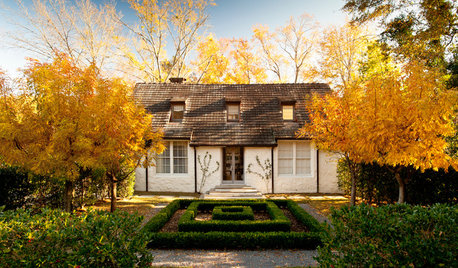
GARDENING GUIDES6 Plants for Colorful Fall Foliage in the Water-Wise Western Garden
Try these colorful, drought-tolerant additions to your garden for a fall season filled with color
Full Story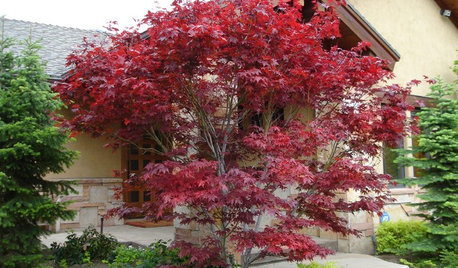
GARDENING GUIDES8 Plants Bursting With Beautiful Fall Foliage
Luscious berries, rich crimson leaves and stellar stalks show that nary a flower is needed for enthralling autumn gardens
Full StoryMore Discussions






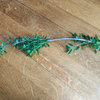

mxk3 z5b_MI